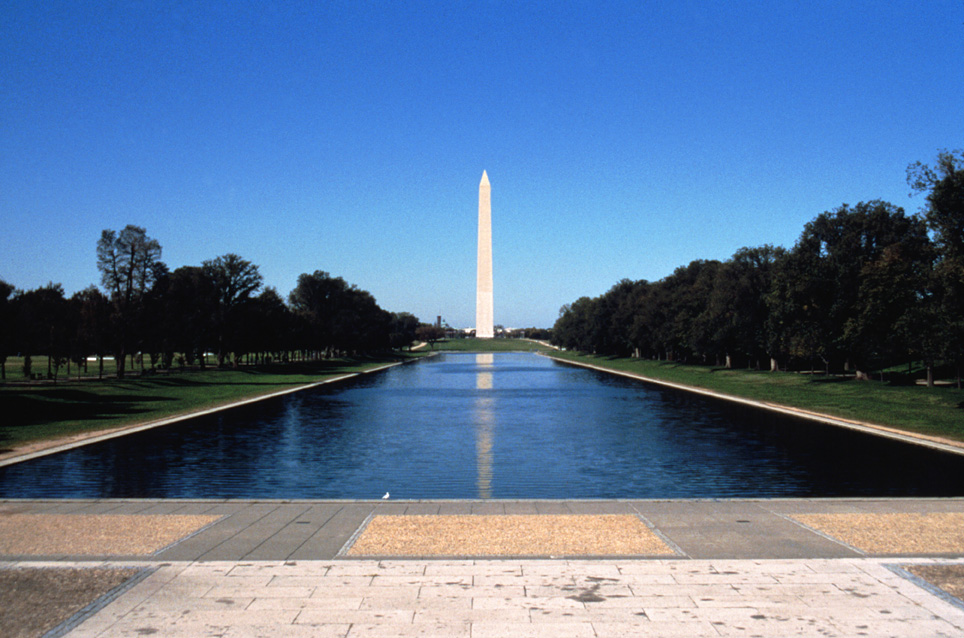
Civil Rights For All
by Stanley Carlson-Thies
Long before the Supreme Court ruled that states may not exclude same-sex couples from marriage, proponents of LGBT rights were planning on how to expand LGBT rights and proponents of strong religious freedom protections were planning legislation that would protect religious organizations and people who for religious reasons do not support LGBT conduct and relationships.
One LGBT initiative comes from the Human Rights Campaign. Another initiative is from the Center for American Progress. Both organizations seek a comprehensive LGBT rights law, banning discrimination on the bases of sexual orientation and gender identity in employment, housing, grants and contracts, education, consumer credit, and more. Weak or no exemptions for religious organizations or religious small businesses are proposed. No bill has yet been introduced in the House or Senate.
Religious freedom protection bills have been proposed in the House and the Senate. The First Amendment Defense Act (FADA) — HR 2802 and S 1598 — is substantially the same as the Marriage and Religious Freedom Act that was introduced in the last Congress but saw little action. These bills are designed to protect from adverse government action both people and organizations who are committed to traditional marriage. Adverse government action encompasses such action as denial of tax exempt status, exclusion from grants or contracts, denial of a license or accreditation.
Here’s a thought: combine the two initiatives. No person should be excluded from employment or housing or subjected to mistreatment because of their sexuality or gender identity. The Supreme Court has ruled for marriage equality, popular opinion increasingly supports gay marriage, many states and the Obama administration have acted to protect LGBT rights in various areas, And yet our nation has and should protect conscience and religion, including religious organizations that dissent from popular morality.
Legal equality with respect to governmental action can and often does go along with differential treatment in non-governmental life-in churches, businesses, civil society. The government must ignore religion when deciding who gets a government job or a tax break; the government cannot exclude women from federal support for higher education; the government cannot decide to support research by Hispanic scientists but not research by Nordic scientists. Yet religious stations can get broadcast licenses and secular stations can ignore religion. Single-sex colleges can exist and their students can get federal support. La Raza, the Hispanic civil rights organization, need not pretend that a Lars Larsen is likely to become its executive director any time soon.
Those who believe that LGBT conduct and relationships are morally no different than heterosexual conduct and relationships are here to stay in our society. Those who believe that God, or nature, provides guidelines for sexual conduct and relationships, and that LGBT conduct and relationships do not measure up are also here to stay in our society.
What our nation needs are legislative measures that accommodate both realities, both sets of convictions: LGBT rights are being recognized, but religious freedom needs to be protected.
Will bold leaders in Congress combine the two initiatives: greater protection for LGBT rights, strong and lasting protection for the religious freedom of people and organizations? Now is the time.
